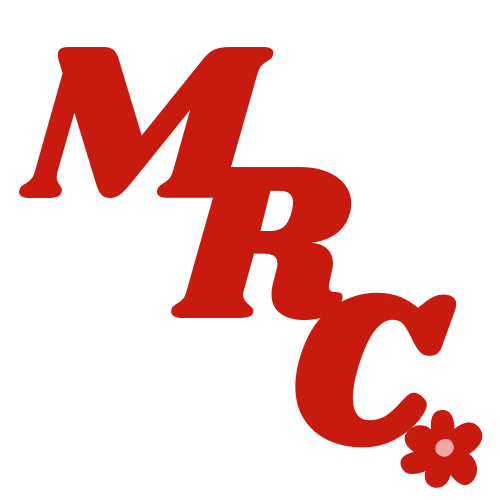My Editorial Philosophy
I believe people are full of world-changing ideas. But world-changing ideas only matter if they are shared in a way that makes people pay attention. Great writing makes people pay attention, and has the potential to teach people, to encourage people to grow, and to spark necessary conversations.
As an editor, it is my responsibility to help develop that great writing. It is my responsibility to push a writer beyond what they believe themselves to be capable of. It is my responsibility to see what ideas are said between the lines and bring them to the forefront. It is my job to add perspective. And I do all this so a writer’s words can pierce the hearts and minds of their readers, so a writer’s words can change the world in ways big and small.
These responsibilities require me to stay perpetually curious about a writer’s ideas housed in the manuscript; to think critically about the words on the page and how they will be perceived by the readers; and to be open to offering and accepting challenges and questions from the writer about intent and impact of ideas.
I believe the editorial space between an editor and a writer is one of the most intimate spaces of collaboration. We both want the manuscript to be the best representation of ideas that it can be. As a result, I believe that neither the writer or the editor should ever reject an idea from the start. It’s not “my way or the highway” in the editorial space. All edits and revisions are made after thinking deeply and critically about the manuscript. Rejections of edits and revisions take the same care.
My goal of editing is to help a writer change the world and its discourse—or at least a small segment of the world and its discourse—for the better.
My Services
Expand each service for a brief overview. For further details or terms of service, please reach out via the Contact page form.
-
A high-level edit that analyzes the manuscript holistically. I pay specific attention to craft elements including, but not limited to, plot, structure, flow, dialogue, character development, clarity, voice, themes, conflict, and tension. A developmental edit is great for authors who want to dive deep into overarching challenges or issue found in the manuscript to resolve these issues early in the writing process.
-
A comprehensive in-document edit where I use Track Changes and Comments to provide specific suggestions to your manuscript to strengthen the power of the prose sentence by sentence, scene by scene, and chapter by chapter.
-
A meticulous line-level edit of your manuscript completed using Track Changes and Comments where I tighten language while preserving your voice; edit for grammar, spelling, and punctuation; note inconsistencies in wording; query substantive changes that may be required; and create a style sheet to ensure consistency through the manuscript.
-
A final edit completed using Tracked Changes as the last step before finalizing the manuscript to catch any remaining grammar, spelling, punctuation, and typesetting errors.
-
A meeting to discuss ideas for your manuscript with another literary minded brain! We can talk about anything having to do with your manuscript during this session.
-
A meeting to discuss the ins and outs of book publishing as it pertains to you and your desired publication path.

